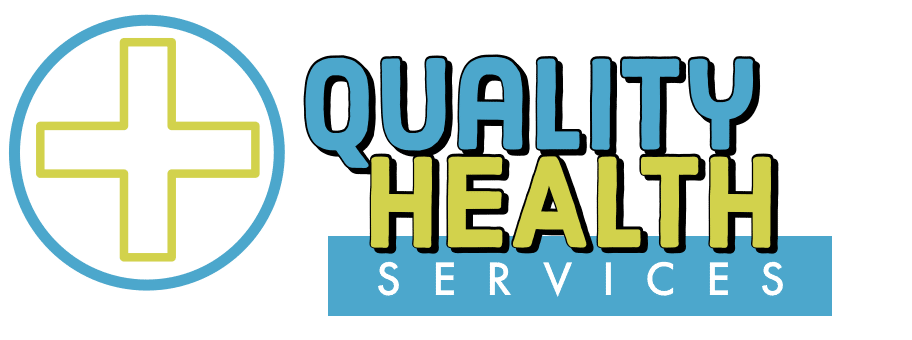Seniors who live alone are often targets for scammers. Unfortunately, scammers are getting more sophisticated. As technology evolves, they are using technology to make their scams harder to spot. If your senior parent lives alone and you’re worried that they could fall victim to a scam consider getting in-home care services. In-home care can’t stop scammers, but it can help your senior parent avoid becoming a victim. With a caregiver in the home who can answer the door, or answer the phone, there is another line of defense between the scammer and your senior parent.
Some of the current popular scams that are targeting seniors are:
Grandparent Scam
In this scam, a scammer typically calls a senior on the phone. They claim to be a grandchild who is in trouble and needs money urgently. They may say that they’re in an emergency, like being arrested or in a hospital. By demanding money urgently, they hope that the senior will not take any time to question the story but will just give them a credit card number or bank account.
These days scammers can use AI to copy the sound of people’s voices, which adds a level of authenticity to this scam. When your senior parent picks up the phone and a voice says there is an emergency and they need money it could sound like their grandchild or someone else close to them.
A great way to stop your senior parent from falling for this scam is to have a family password or secret code. If the scammer can’t provide the secret code or password your senior parent will know it’s a scam.
Medicare/Health Insurance Fraud
Scammers love to take advantage of the fact that seniors often have trouble understanding Medicare terms. Scammers may pose as Medicare representatives or health insurance agents, offering fake services or products or claiming changes to Medicare benefits. They might ask for personal information such as Social Security numbers or bank account details, which can lead to identity theft or fraudulent charges.
Having in-home care can help stop this scam because your senior parent can hand the phone to a caregiver who can listen to the details and verify whether or not the caller is legitimate.
Tech Support Scams
Scammers also take advantage of seniors who aren’t very tech-savvy. They contact seniors by phone or through pop-up messages on their computers, claiming to be from well-known tech companies like Microsoft or Apple. They often tell the senior that their computer has a virus or other technical problem and offer to fix it for a fee. In reality, they may install malware or steal personal information.
Make sure that your senior parent knows how to spot a tech scam. Always tell them to call you or talk to a care provider before allowing anyone to have access to their computer.

Sweepstakes/Lottery Scams
Who wouldn’t want to win a free vacation? Scammers sometimes call to inform seniors that they’ve won a lottery or sweepstakes but need to pay taxes or fees upfront to claim their prize. They may ask for bank account information or request payment via wire transfer or gift cards. Of course, there is no actual prize, and the scammers disappear with the money.
Your parents probably told you when you were growing up that money doesn’t grow on trees, and there’s no free lunch. Remind them of that, and tell them if something sounds too good to be true it most likely isn’t true.
If you or an aging loved one are considering In-Home Care Services in Johnstown PA please get in touch with the caring staff at Quality Health Services.
Call today! Northern Counties: (814) 251-9044
Blair, Cambria, & Centre Counties: (582) 220-2127
Quality Health Services is a trusted non-medical senior care provider in Dubois, Punxsutawney, Bellefonte, Jefferson, Brockway, Brookville, Clearfield, St Marys, Emporium, Philipsburg, Blair County, Cambria County, and Centre County, PA areas.
- Tips to Help Your Loved One Combat Loneliness Over the Holidays - November 21, 2024
- Keeping Your Senior Safe from Falls This Winter - November 8, 2024
- Technology Devices That Enhance Senior Health - October 18, 2024



